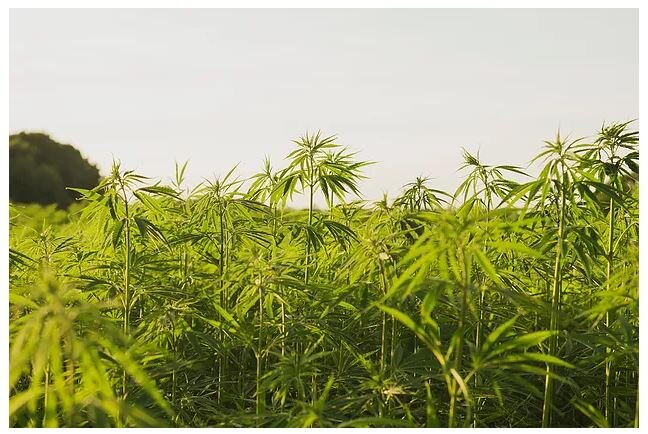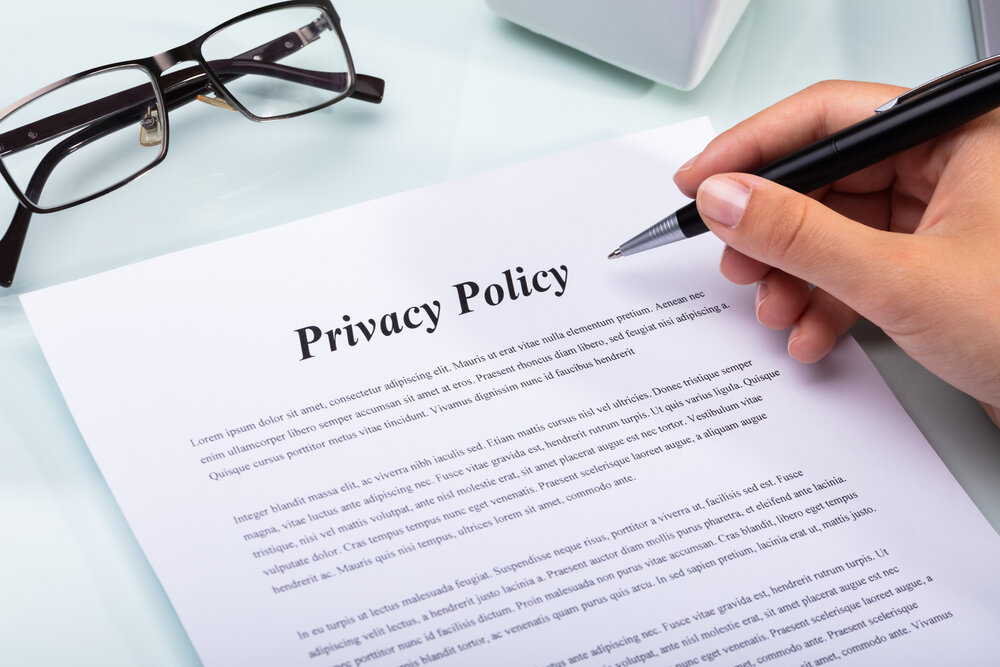Currently, the regulatory landscape for CBD products is a total mess and the only road out of all this confusion is if the FDA changes its stance on CBD and introduces federal regulations. Once (and if) that happens, states will then align their regulations with the federal regulations, resulting in increased uniformity and certainty.
But until then, it’s going to be really tough to navigate the CBD regulatory landscape, and impossible to comply. The trick is to balance the risk of enforcement against the costs of compliance.
Here are some tips to help you navigate CBD laws in the U.S.:
- Know your risk profile so you can be aware of the reality of non-compliance (and be okay with it).
Since compliance is so challenging, companies must constantly balance risk with cost when manufacturing and selling CBD products. Here are some quick tips:
- Make decisions based on your individual risk profile and strategic goals.
- Seek advice from an experienced attorney in the state the products are being manufactured, as well as any state where you’re selling a significant number of products.
- Choose one to two states that you’re going to comply with for packaging regulations (likely where you sell the most).
While the requirements in the state regimes sometimes overlap, often they don’t – particularly when it comes to labeling. This makes compliance really tricky.
It is cost and time prohibitive for a company to keep on the pulse, even if they have legal counsel working on all of these regulatory regimes popping up across the 50 states. This is especially true since new ones are coming out all the time. Not to mention the cost and time that would actually go into total compliance in any event.
Consequently, complete compliance is a pipe dream. So that being said, what we’re seeing is companies considering which states they really should be striving for compliance in and focusing on those few states. Typically, companies should try to meet labeling requirements in at least one to two states, including where they have the most market share or states where they’re looking to significantly increase market share.
And don’t forget about the FDA here either.
Without overcomplicating things, whether a product will be viewed as a drug by the FDA largely turns on how that product is marketed. If a company claims that a product can heal, treat, prevent (etc) a disease or condition, and that means in any marketing materials whatsoever on a blog or on social media, anything doesn’t just have to be on a label, that product technically becomes a drug under FDA law.
- Ensure your manufacturing is compliant with the manufacturing guidelines within that state.
Manufacturing requirements under the various state regimes differ widely. Even though these regulations aren’t generally as onerous as the cannabis regulations at the state level, they are still quite stringent.
The first step is really to ensure that any suppliers are meeting the manufacturing requirements in the manufacturing state. Since these requirements do vary state by state, companies will need to work out precisely what compliance looks like based on where the manufacturing of the product occurs. And in California, again, that includes registering the manufacturing facility and complying with good manufacturing practices.
- Be aware that even though your product is ‘legal’ in the state, CBD products do violate FDA law.
The FDA has repeatedly outlined that it doesn’t allow CBD in any ingestible products and it doesn’t allow CBD in food and dietary supplements. That’s because of something known as the exclusionary rule. Once something is an active ingredient in an improved drug, it cannot then be incorporated and marketed in a food or a dietary supplement. So, since there is a FDA CBD approved drug, namely Epidiolex, CBD because of this Exclusionary Rule cannot now be marketed in a food or dietary supplement.
The Federal Trade Commission (FTC) is also taking enforcement actions against CBD companies where they make misleading or deceptive claims.
- Assessing the likelihood and impact of enforcement against the cost of complying is essential.
What we’re seeing is companies assess the risks and reduce risks where it matters most and then sit with the residual risk.
And there are things that CBD companies can do to limit risk. For example, since in store sales have a higher risk of enforcement just based on visibility, companies are opting to engage in online sales instead. Selling online doesn’t mean you don’t need to comply with the regulations of the places you’re delivering to, but the risk of actual enforcement is lower in that situation.
It becomes a risk analysis exercise, with companies determining what makes the most sense based on the risks they face.
If you want to learn more about Compliance for CBD Companies, check out https://cgl-llp.com/podcasts/cgl030.
Disclaimer
The materials available at this website are for informational purposes only and not for the purpose of providing legal advice. You should contact your attorney to obtain advice with respect to any particular issue or problem. Use of and access to this website or any of the e-mail links contained within the site do not create an attorney-client relationship between CGL and the user or browser. The opinions expressed at or through this site are the opinions of the individual author and may not reflect the opinions of the firm or any individual attorney.


